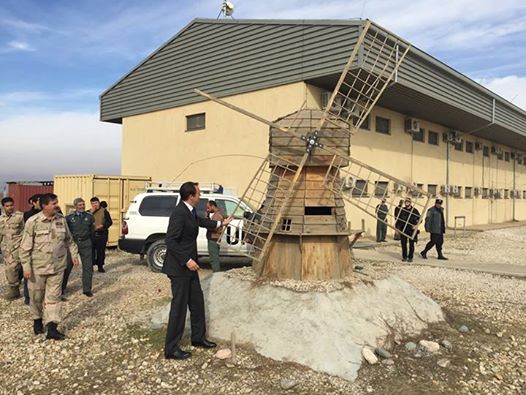Context
The situation in Afghanistan remained a concern in 2016. Political instability, lack of economic development, a difficult security situation and a high level of corruption proved major hurdles to substantial development. The limited economic growth of 1.2% was insufficient to ensure a rise in Afghan living standards. At the same time, it should be noted that the Afghan government is increasingly taking over responsibilities from the international community. Healthcare development, strengthening the rule of law, education system improvements and the strengthening of civil society are promising developments in Afghanistan. Furthermore, it is encouraging to see that the Afghan government was able to broker a peace deal with former warlord Gulbudin Hekmatyar.





